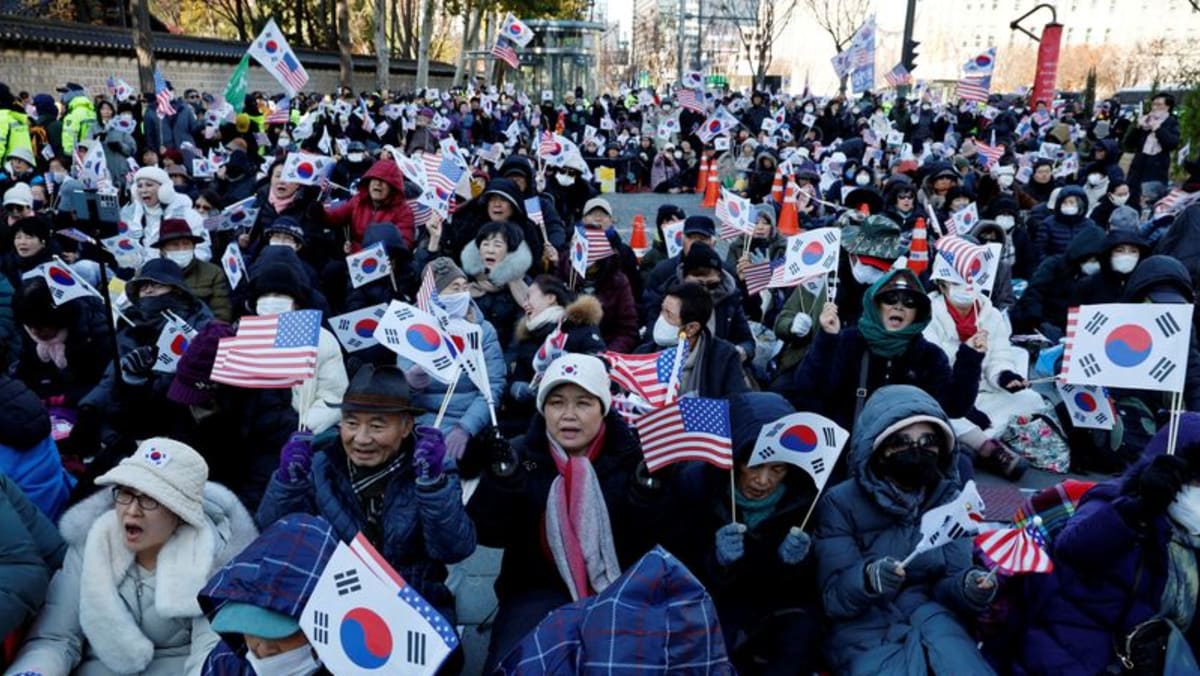In India, people’s love for the minty and tangy flavour of golgappa or pani puri is infinite.
However, Karnataka is looking into the popular street food because it is concerned about the presence of cancer-causing substances in it.
This comes after the state health ministry banned the use of several cancer-causing agents in food items, such as gobi manchurian and
kebabs.
Let’s take a closer look.
Pani puri under scanner
Approximately 260 pani puri samples were gathered from various restaurants across Karnataka as part of a recent survey carried out by the health department.
About 40 per cent out of the total samples were found to have violated food safety regulations, according to the investigation.
Of the 260 samples gathered, 41 included cancer-causing chemicals, along with artificial colouring. The remaining 18 samples were unfit for human consumption.
Srinivas K, the commissioner for food safety, told the Deccan Herald, “We received many complaints about the quality of pani puri that is served in streets across the state. We collected samples from roadside stalls to decent restaurants from all over the state.”
“Many samples of panipuri also failed food safety tests and were found to contain cancer reagents. More analysis is being done on this, and after the test report, the health department will take appropriate action. At the same time, the general public should take special care of their health and refrain from consuming food items that affect our health. Great importance should be given to cleanliness and hygiene,” the Minister of Health and Family Welfare Dinesh Gundu Rao wrote on X.
According to the Economic Times report, shawarma samples were also gathered by Food Safety and Standards Authority of India (FSSAI) officials from restaurants inside the boundaries of Bruhat Bengaluru Mahanagara Palike (BBMP) in 10 districts of Karnataka. It was discovered that the majority of the samples lacked hygiene. They were tainted with harmful bacteria and yeast that might cause serious health problems.
Also read: How the global cancer burden is rising rapidly
The cancer-causing substances
The pani puri samples revealed the presence of cancer-causing substances, such as bright blue, tartrazine, and sunset yellow.
According to ET, a synthetic dye called brilliant blue, sometimes known as brilliant blue FCF, is frequently used in food, drink, and cosmetic products. Its excessive consumption in meals can cause itching and skin allergies. Abdominal pain, nausea, and diarrhoea can occasionally result from consuming significant amounts of brilliant blue.
It is unsafe for children and can make them hyperactive and have focus problems.
Yellow 5 or tartrazine is a synthetic food colouring that is derived from petroleum-based materials, explained VeryWellHealth.com. It has long been thought to be the source of a number of illnesses, such as skin rashes, asthma, hives, and swelling of the lips, tongue, throat, and neck caused by the release of histamine during an allergic reaction.
Synthetic food colouring Sunset Yellow has the potential to trigger allergic reactions in susceptible individuals, such as skin rashes and itching, as per ET. It can alleviate children’s ADHD symptoms and increase hyperactivity. It may cause nausea and vomiting as well as other digestive pain at high doses.
Frequent exposure to these substances, which are present in food, can damage organs and cause a number of health problems, including heart disease, stomach aches, and autoimmune disorders.
Edwina Raj, Head of Services – Clinical Nutrition and Dietetics, Aster CMI Hospital in Bengaluru told IANS, “Use of an excess amount of artificial food colours and flavouring agents to make the dish look more appealing and increase palatability carries various health risks, especially in those who frequently indulge in outside food.”
“Excessive exposure to such synthetic elements in food increase the risk of cancer and disturbs gut health by increasing inflammation,” she said, while noting that it can also result in hyperactivity in children, allergic symptoms, and asthmatic attacks.
Raids at shops in Chennai
A team led by P Satheesh Kumar, Designated Officer at Food Safety Department (FSD) on Tuesday raided about 58 pani puri shops and carts, including 10 on Marina beach in Chennai, according to The Hindu.
“We decided to inspect shops selling pani puri across the city. Our aim is to cover at least 700 in the next two to three days. There are more than 1,500 carts that sell the dish in the city,” Kumar told the newspaper.
These carts are registered with the FSSAI for Rs 100.
Samples of the sauce and masala, among others, were taken by the researchers from multiple establishments and sent for analysis.
He added that “unhygienic” practices, including in food handling, were one of the main observations during the raids.
Can cotton candy lead to cancer? Why have some states banned it?
Safety measures
Rao announced that he would call a meeting to educate the shop and restaurant owners about hygiene and cooking techniques, as per India Today.
Chennai-based Dr Satheesh Kumar has advised patients “to look out for hygiene practices,” as per The Hindu.
He has provided a list of things to be aware of.
It is recommended that the vendor use gloves and refrain from breaking the puri with their bare hands.
Separate ladles should be used for pouring the sauce. “We saw vendors dipping their hands into the container having the sauce,” he told The Hindu.
He suggested that a separate spoon should be used for the masala.
Disposable plates should be used for serving the pani puri.
Rhodamine-B banned in Karnataka
The Karnataka government banned Rhodamine-B food colouring earlier this year.
When added to water, rhodamine B, which is green in powder form, changes to a bright pink fluorescent colour. It is also utilised for inks, dye textiles, and cosmetics.
Additionally, research indicates that rhodamine-B is toxic to humans and may induce cell death as well as damage to organs (liver, kidney, brainstem, and cerebellum). It is also thought to be a carcinogen.
However, it can lead to “oxidative stress, injury, increase in cell apoptosis and brainstem”. It adds that “the use of rhodamine-B in food for a long time leads to liver dysfunction or cancer, and when exposed to large amounts over a short period, it results in acute poisoning,” according to the National Library of Medicine website.
It is a common ingredient in foods like cotton candy and gobi machurian.
Health Minister Rao earlier warned against using such agents in foods and had said strict measures will be implemented.
With inputs from agencies

)





